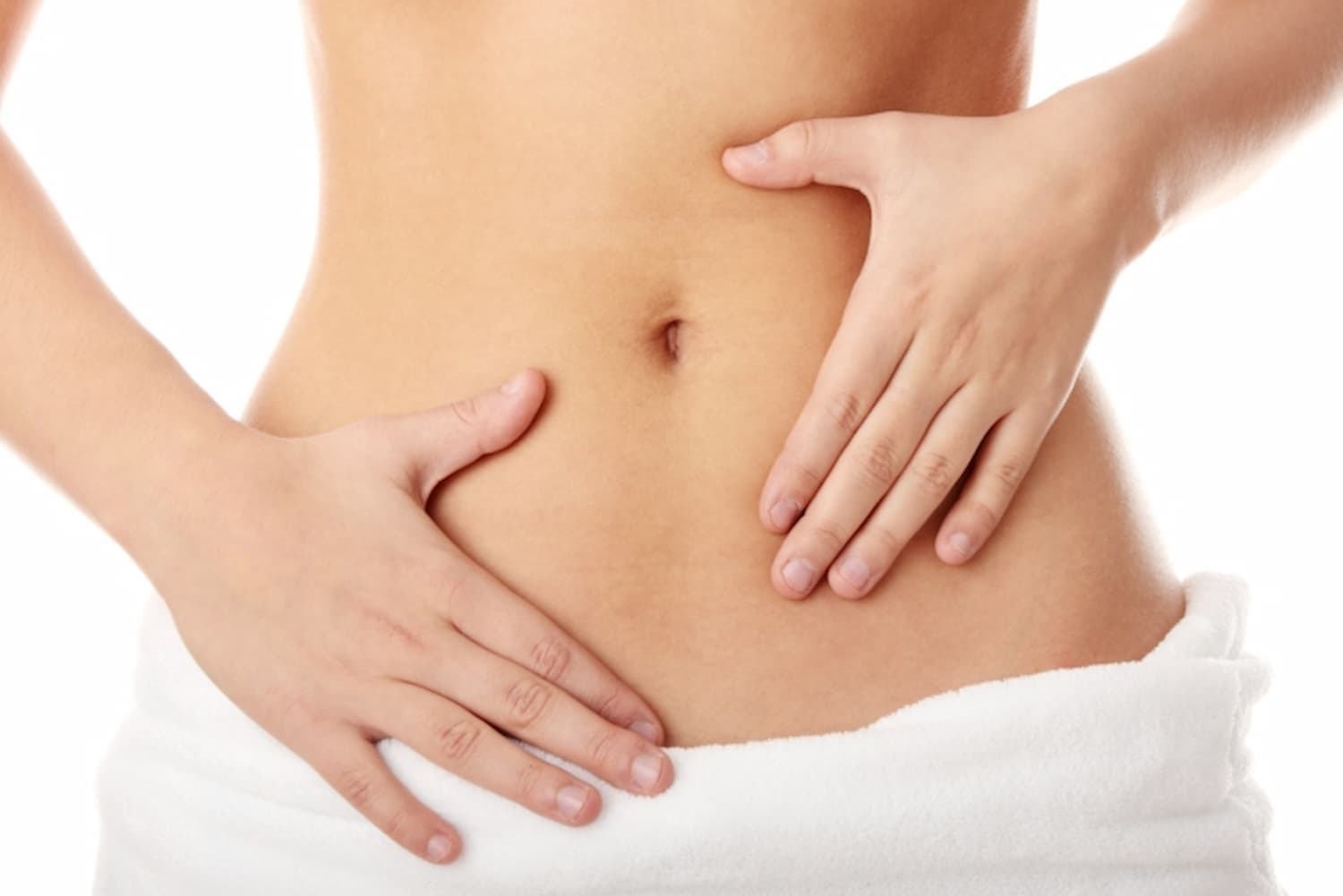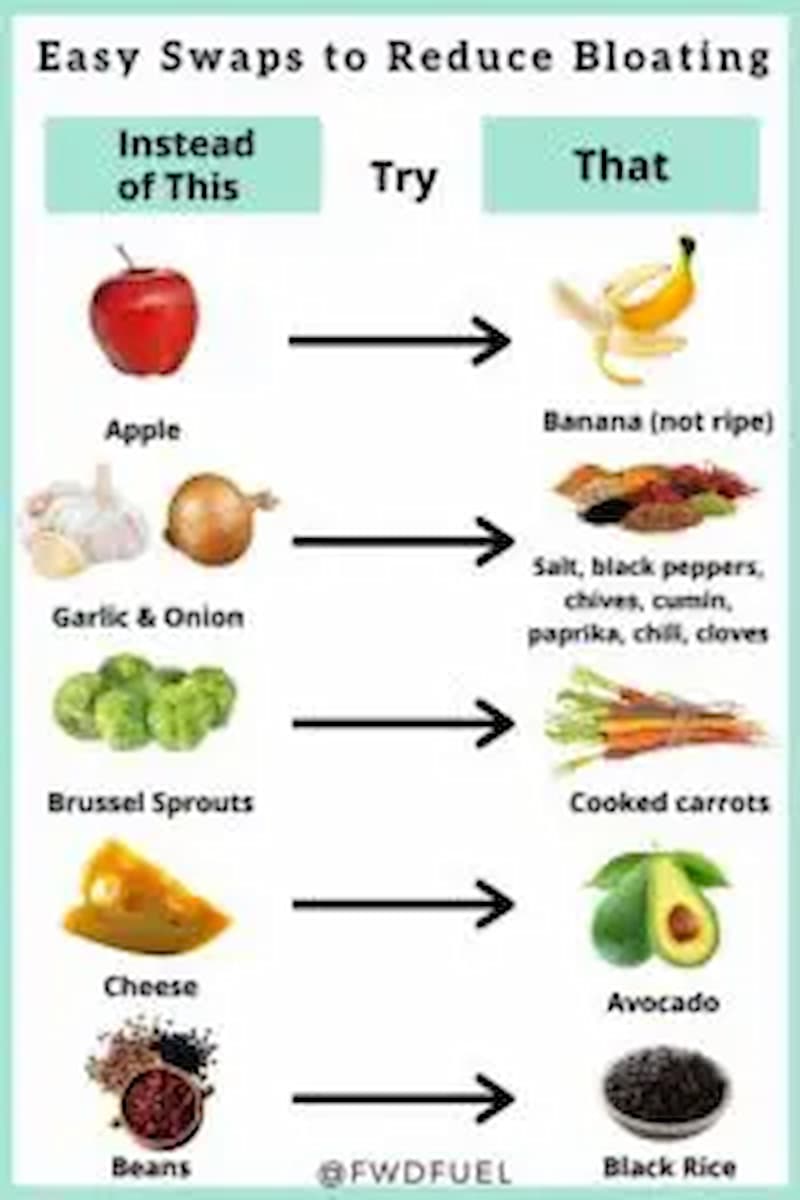
Is stomach bloating sometimes a problem for you? It can cause pain and discomfort for many people, but luckily, there are some natural strategies that you can put in place to help keep the bloat away. Read on to learn more.
What is Bloating?
Abdominal bloating is a condition in which the gastrointestinal tract feels full and tight due to gas. It is also known as distension. There are different types of bloating – continuous distension is a serious bloating problem while intermittent distension refers to a series of bloating occurring at different times.
A bloated stomach can interfere with your daily activities due to the uncomfortable feeling it brings, causing irritability, exhaustion and lack of interest in any physical activity. The expansion of the upper abdomen also makes standing up straight, moving around and breathing quite challenging.
While bloating is seldom an indication of a serious condition, it is best to consult a healthcare provider if your stomach pain persists for proper diagnosis and treatment.
Symptoms of Bloating
The feeling of bloating is often associated with gas pain. However, some people do not experience abdominal pain but other symptoms. A very common symptom is frequent belching or burping accompanied by a foul smell. Other telltale signs of a bloated stomach include:
- Abdominal swelling and rumbling
- Stomach cramps
- Bloated belly accompanied by constipation or diarrhoea
- Weight loss
- Loss of appetite
Persistent bloating with blood in the stool or severe abdominal pain requires immediate medical treatment. It could be a sign of an underlying condition.
Causes of Bloating
There are several things that can cause bloating. The most common cause of temporary bloating is excessive intestinal gas. Some other common causes include:
- overeating
- food allergies
- food intolerances
- aerophagia (the swallowing of air – nervous habit)
- irritable bowel syndrome
- partial bowel obstruction
- gastric dumping syndrome or rapid gastric emptying
- gas-producing foods
- constipation
- visceral fat
- splenic-flexure syndrome
- menstruation and dysmenorrhea
- polycystic ovarian syndrome and ovarian cysts
- intestinal parasites
- diverticulosis
A FODMAP (fermentable oligosaccharides, disaccharides, monosaccharides and polyols) diet, or one that is high in simple sugars and cannot be easily processed in the digestive tract, is believed to be the common cause of bloating and abdominal pain as it promotes bacterial overgrowth. Health experts suggest sticking to a low-FODMAP diet, drinking plenty of water and engaging in regular exercise in order to reduce the amounts of gas accumulated in the gut.
Foods and Bloating
To reduce bloating, it may be helpful to track your food intake, making sure that you don't consume too much gas-producing foods and drinks, such as the following:
- Broccoli
- Baked beans
- Brussels sprouts
- Cabbage
- Cauliflower
- Carbonated drinks
- Chewing gum
- Hard candy
- Lettuce
- Fruits such as apples, peaches and pears
- Onions
- Dairy products such as soft cheese, milk and ice cream
- Corn
- Wheat
Food intolerances are a major cause of bloating, with lactose intolerance being one of the worst culprits. If you suspect that a food intolerance may be the cause of your bloating problems, you can undertake an elimination diet under the supervision of a nutritionist, dietician or another qualified health practitioner. This type of diet is designed to identify the foods that you are intolerant to. Once these are identified, it is a matter of avoiding the foods as much as possible. Ensure that you are getting the nutrients that you would otherwise be getting from these foods from other sources.
- Probiotics are excellent for people that suffer from bloating problems. Probiotics are helpful organisms that help to replace the good bacteria in your intestinal tract. These good bacteria inhibit the growth of disease-causing microorganisms such as bad bacteria, yeasts and parasites, as well as restoring normal bowel function and promoting regularity. Therefore, consuming probiotics can help to eliminate some of the causes of bloating, bringing you relief.
- Salt is a major player in bloating as foods that are high in salt can cause or worsen abdominal bloating and water retention. Cut down on the amount of salt in your diet. Use other seasonings to add flavour to your food and take the salt shakers off the table so that you are not tempted to add more. Avoid processed foods as these are often high in salt.
- Vitamin B6 acts like a mild diuretic and 25 to 50 milligrams a day could help to alleviate abdominal bloating. However, be cautious with the amount that you take as you should never take more than 100 milligrams of vitamin B6 per day.
- Fibre-rich foods like banana, avocado, black rice and berries promote healthy bowel movement that prevents constipation and bloating. So, have more of these than FODMAP foods like apple, pear, onion and beans.

Source: FWDfuel
Herbal Medicine and Bloating
There are several herbs that can help with bloating. These include:
- Centaury – taken before meals, it can improve digestion and prevent bloating
- Chamomile – the bitter properties stimulate the gastric juices ad relieve gas
- Fennel – is one of the best digestive aids and it is fantastic for relieving abdominal cramps, gas, and bloating. Fennel is both anti-gas and antispasmodic
- Mints – members of the mint family such as peppermint, spearmint, sage, and basil ease gas and bloating and improve digestion
Activated Charcoal and Bloating
Activated charcoal can help to relieve gas and reduce bloating. You can take it in tablet form before and after meals. However, it should not be taken by people on contraceptive pills or other medication and it should not be used on a long term basis.
Tips to Prevent Bloating
The best way to prevent bloating is making simple but doable lifestyle changes. The tips below will help you avoid not only bloating but also other digestive issues:
- Chew your food slowly and thoroughly
- Avoid lying down for two hours after eating
- Avoid fizzy drinks such as beer, carbonated beverages and pre-packed juice
- Maintain a healthy weight
- Wearing loose fitting clothes
- Eat smaller, more frequent meals
- Drink lots of water
- Exercise more








